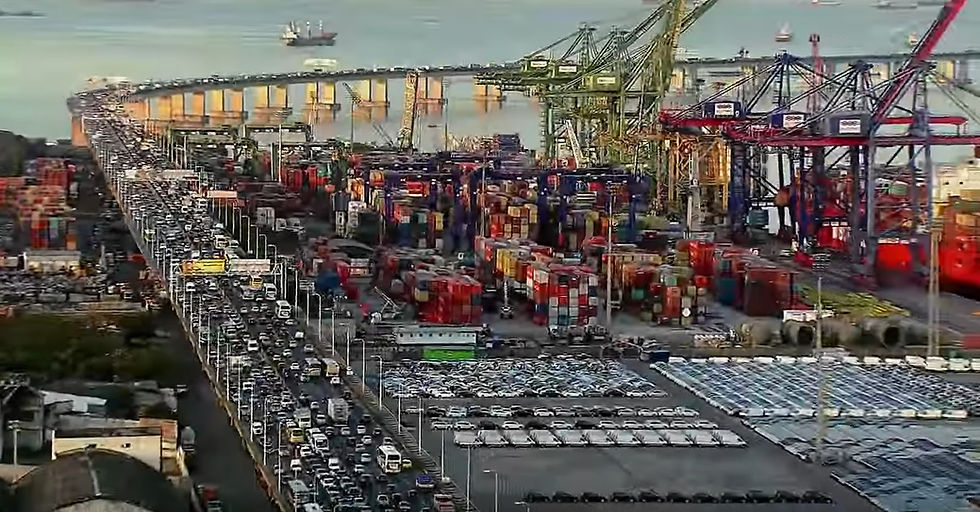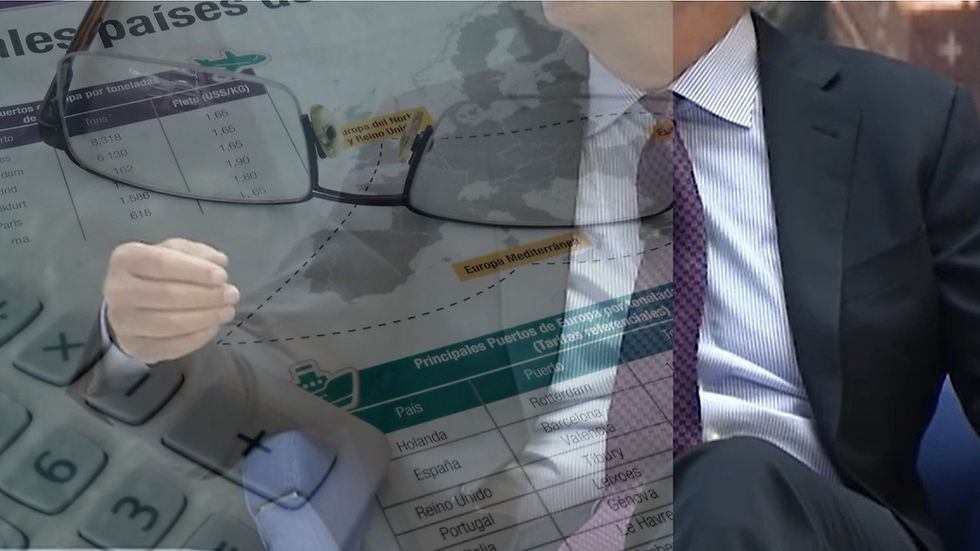Exporters Facing Trade Barriers
- Alta gerencia
- Jul 22, 2025
- 2 min read
Motivating the productive sector, with an export-oriented approach, to place its hopes on the utopian elimination of non-tariff measures (NTMs), as some analysts and industry leaders have been advocating, diverts attention from the real discussion: how to address the inevitable existence of these measures, among which are Technical Barriers to Trade (TBTs).

Within the framework of the World Trade Organization (WTO), founding agreements and subsequent treaties do not seek to eliminate NTMs but rather to rationalize them, acknowledging both the importance of these measures and the sovereign right of nations to impose them. In fact, the WTO emphasizes the adoption of best practices for drafting, adopting, and applying standards under the principles of fairness, efficiency, and equal treatment. This includes the intended harmonization and mutual recognition of regulatory frameworks.
Thinking about the hypothetical elimination of NTMs or TBTs is exhausting for the business sector, which must accept that it operates in a demanding commercial environment requiring compliance with strict technical regulations and rigorous conformity assessment processes adopted by countries to guarantee public health and safety. These include preventing deceptive practices that could harm consumers, taking care of the environment, and protecting the sector at risk by resorting to specific remedies such as compensatory mechanisms, anti-dumping measures, safeguards, or quantitative restrictions.
The current issue for exporters—especially those in the agricultural, food, and manufacturing sectors—is that they lack the tools and resources to remain competitive and efficient under the conditions imposed by sanitary, phytosanitary, and technical requirements. Nor can they easily overcome these challenges during initial planning, production, transportation, or when handling goods.
Moreover, the latest WTO annual report on the application of the TBT Agreement shows that abusive and discriminatory practices persist. These have been reported by exporting countries due to their adverse impact on businesses, and Colombian exporters are often disadvantaged by the government’s lack of active participation. There is evidence of continuous complaints from the U.S., Canada, China, South Korea, Japan, and the European Union, among others. In Latin America, countries such as Mexico, Chile, Brazil, and Argentina have reported discriminatory measures affecting their exporters, while Colombia remains silent.
The profile of a businessperson seeking to support export-oriented entrepreneurship also reflects how such scenarios are perceived by entrepreneurs in international markets, where restrictions and trade barriers are a constant concern.
The lack of government involvement in addressing these issues makes the exporting sector highly vulnerable. Without government support to comply with NTMs and to negotiate their proper application, companies and exporters remain at a disadvantage. This situation will not improve unless there is a government actively committed to complying with NTMs and properly enforcing agreements that facilitate trade and promote economic development.
Gilberto Caicedo
Business Consultant and Financial Advisor




Comments